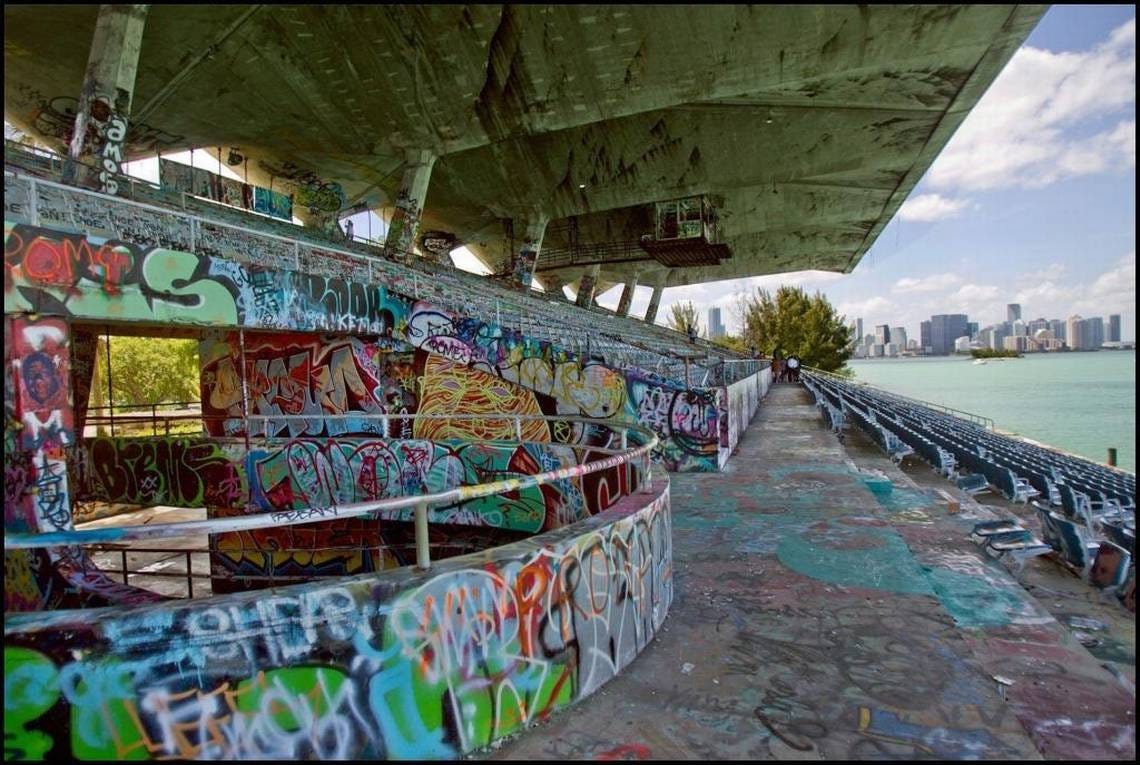Astroworld Aftermath
A 1971 live gem from Rare Earth suggests a different in-the-moment approach to concert safety
People who believe in the transformative power of live music have been grieving since Astroworld, the Travis Scott festival in Houston where a melee in the audience led to now ten deaths. All were preventable. Add to that scores of injuries, also preventable.
Concert industry officials – at least those brave enough to speak on the record about safety at large festival-style gatherings – have noted that there is no standard protocol, in part because every venue is different. Local first responders have plans in place, of course. But headlining acts typically don’t get instructions for what they should do when a “situation” unfolds and then rapidly escalates in front of them, in the middle of a performance.
Watching news clips and timeline breakdowns of the troubling events at Astroworld, it becomes clear that Scott followed the old “show must go on” maxim – even after audience members began screaming for help as the throng compressed more tightly toward the front of the stage.
It seems easy to armchair-quarterback this and conclude that Scott should have stopped and, at the very least, made some sort of plea for calm.
There’s a moment captured on a 1971 live album that suggests how tricky these announcements from the stage mid-show can be.
The band was Rare Earth, a hard-grooving R&B-meets-rock outfit from Detroit that was then the most successful white act signed to Motown Records. The venue was Miami Marine Stadium, a jewel of an outdoor space overlooking Biscayne Bay that has fallen into a curious state of disrepair.
At the Marine Stadium, concertgoers (and speedboat racing fans) sat in arena-style seats facing the bay. The stage was on a barge floating in the bay, and for many of the shows I covered there (Jimmy Buffett in his heyday, for one), promoters sold access to pleasure boat owners, who’d anchor a short distance away to enjoy the music.
Apparently at the 1971 Rare Earth show, some patrons got into the water and were swimming around near the stage. This was an immediate danger, as in addition to the sound and lighting equipment, the band was recording the tour so there was a mobile studio setup.
The moment is captured on the astonishingly vibrant In Concert double album, a now- overlooked gem in a year of landmark recordings. The band is getting ready to play “Hey Big Brother” (oh the irony) when a contentious-sounding conversation begins on stage. We hear a member of the band talking into a live microphone, saying “Somebody else tell them, cause I can’t get into that at all.”
Call that basic rock-star instinct: This musician doesn’t want to be seen as the heavy. Not his job.
Then we hear a (much less sonorous) authority voice. “OK, listen up a minute. The people in the water, go to the islands on the side, or you need to get out of the water and get into the stands or they’re going to stop the whole thing. Do it right now. There’s a chance of somebody getting shocked in the water, we got a lot of electricity around here.”
What happens next is relevant to Astroworld: Amid some booing, that same musician returns to the microphone and pivots from his formerly irreverent tone to one of caution: “Yeah, there’s cords and everything, there’s a sound system out because we’re recording. Cables are coming across and nobody wants to fry in that. So just please move back.”
This entreaty evidently worked. The next thing we hear is Rare Earth digging into the sturdy foursquare riff of “Big Brother,” offering it as “a little walking music” for those making their way to safety.
These guys didn’t have a playbook any more than Travis Scott did. And at first, they didn’t seem terribly interested in safety. But they came around. Without much fanfare, they worked to diffuse a situation that could have turned deadly. And then they got down to business.
In Concert – which was mostly recorded at the Miami show, according to an interview with the late drummer and lead singer (!) Peter Rivera – is a flat-out thrilling live document. It captures an assured, fully torqued band operating at peak performance energy, seeking and finding a compelling balance between Cream-style rock riffage and deep, undeniably funky, forged-in-the-Hitsville-snakepit backbeats. Rare Earth was essentially a cover band; among the highlights of In Concert are “I’m Losing You” a 1971 hit for Rod Stewart, and Smokey Robinson’s classic “Get Ready,” which the band transformed into an epic journey that on most nights lasted twenty minutes or more.
The stunningly crisp recording of In Concert argues for a full-scale reappraisal of Rare Earth – as early pioneers in the blending of rock, funk and R&B that reached fruition with Prince in the 1980s; as foundational to the journeying aesthetic of jam bands; as performers whose sense of pacing and motific development made even marathon-length explorations riveting.
These guys were skilled, high-drama soloists – check guitarist Ray Monette’s melodic, unconventionally writhing turn on “I’m Losing You” – who were equally happy to hunker down and lock into a repetitive riff for minutes on end, until the rhythmic cohesion itself became an energy source. That attention to the backbeat fundamentals isn’t at the forefront of the band’s somewhat forced studio recordings; in performance, it is immediately inescapable. It’s nice to be able to time-travel back to that 1971 show and appreciate it for the vibrant music, with no tragic-incident asterisk attached.
Why yes, we have a fancy digital suggestion box. Share your favorite Underloved/Overlooked records here: echolocatormusic@gmail.com.
Please consider subscribing (it’s free!). And…..please spread the word! (This only works via word of mouth!)







Tom, the very best critics have broad and deep knowledge and give us great perspective on the arts and on their historical significance. You are among those best critics.